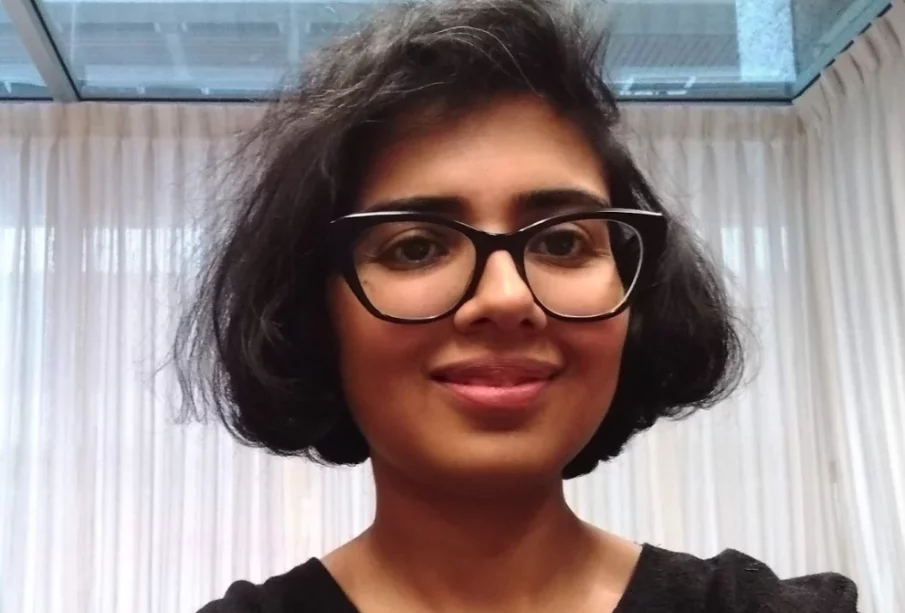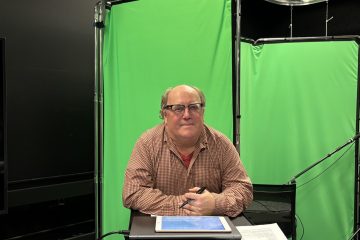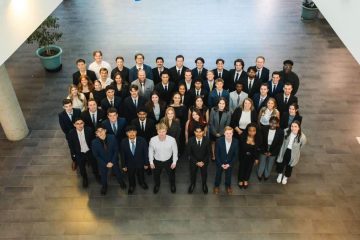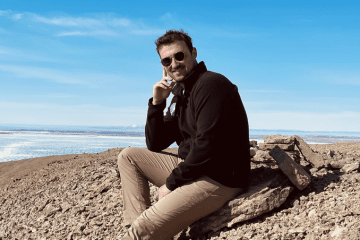In the second part of this ongoing series, the Carillon spoke with Dr. Sabujkoli Bandopadhyay
Interview with Sabujkoli Bandopadhyay, sessional instructor, department of English, University of Regina.
How long have you been teaching at the University of Regina? What courses do you teach?
I first started working here in fall 2016, so I have been here for almost nine years. First, I used to teach a class on critical reading, offered through [the] Student Success Centre and Arts Dean’s office. Then, I started in [the] English Department in summer 2018. I have been teaching first year English courses. That is ENGL 100: Critical Reading and Writing I and ENGL110: Critical Reading and Writing ll. In summer 2025 for the first time, I taught [a] literary survey, which is [a] survey of English literature from [the] 1800s to the present times. And I am hoping to teach more classes on world literature in the future.
What types of content do you teach in these classes? And how do you choose this content?
ENGL 100 is the foundational course that every student at the university needs to take. ENGL 110 is a themed course, and the themes are chosen by the instructors. So far, I have had a few different themes. I have taught apocalyptic literature, anglophone literature, transnational literature, and love stories.
The way I decide the themes is by looking at my own research background, and the student body I am teaching. I have a background in comparative literature and post-colonial writing, so I focus on themes that show students that English literature is written by people who are not just people of England or from European ancestry.
I have seen my students intellectually invested in debating the questions of rights and responsibility. They want to see how population groups end up losing their rights, and how societies and dynamics change. – Dr. Sabujkoli Bandopadhyay, department of English, University of Regina
Why do you think teaching global literature is important?
I have worked with a large student body of international origin. I’ve seen in my students this frustration where they have studied English literature and know important authors from Asia and Africa but when in a classroom here when they cannot identify names of American or Canadian authors, people immediately think they have no introduction to English literature. That was the main inspiration behind choosing classes that have more of [a] global component. And it also helped the domestic students to see that English literature is not an intellectual property of one race.
What type of syllabus are students most drawn toward?
I have seen my students intellectually invested in debating the questions of rights and responsibilites. They want to see how population groups end up losing their rights, and how societies and dynamics change. They want to understand how the world works, and how they can make their own decisions, and what do they stand to lose if they do not learn to make well-informed decisions.
But overall, irrespective of country of origin, or where students did their high school, they are most attracted to my course on love stories, because every young person has something to say about love and most of my students are between the ages of 18 and 22. This is a time when they’re figuring out their own love stories. Students like to participate in that class.
[A global syllabus content has] helped the domestic students to see that English literature is not an intellectual property of one race. – Dr. Bandopadhyay
What do you hope students gain through your classes?
Many of my students have experienced stigmatizing and marginalization due to their accent. But if the course shows that it is a misinformed position, then that offers empowerment and self-confidence. That self-assurance can really show through in every aspect of my life. And that really can be a big boost to when you are entering a job market, or even [the] social status aspect of it.
You are starting as an Assistant Professor position in winter 2026. What are your thoughts on that?
The specialization for the position was in world literature in English, and that was directly something I had been trying to introduce in all my first-year courses. The literature we teach adds something to the person. So, the idea of bringing world literature to a student really opens the possibility of giving them a taste of the world. So, I presented to my department that world literature is a beneficial topic.
We should understand that [the] whole world is participating in creating a narrative about different human experiences. We can really live other people’s lives through global literature. Humanly, it’s impossible to live in every part of the world but we can do that through world Literature. I have experienced [this] in my own life, so I want students to have the opportunity to enjoy that as well.
Stay tuned as we bring the voices for more faculty members for you. You may find your next elective or a great mentor!If you would like to learn more about the faculty at the First Nations University of Canada, check out Amanda Leader’s radio show, Academic Vibes, at CFNU Radio! Listen now at https://www.cfnuradio.ca/academic-vibes










